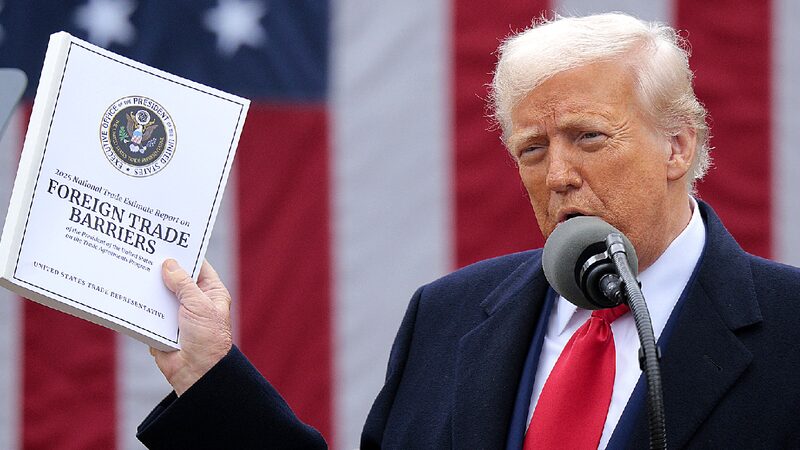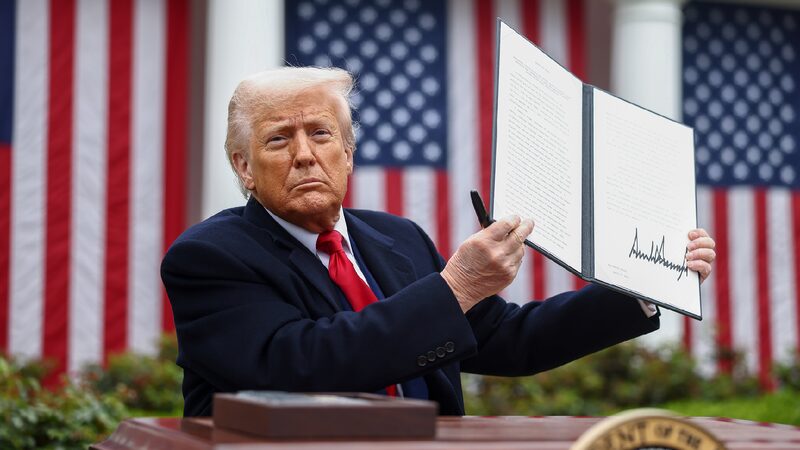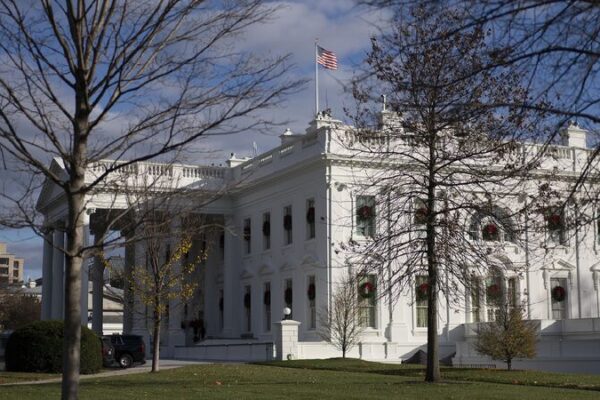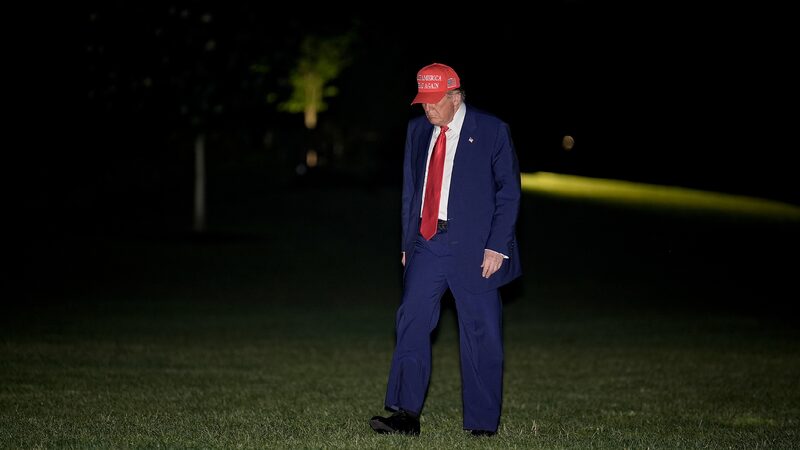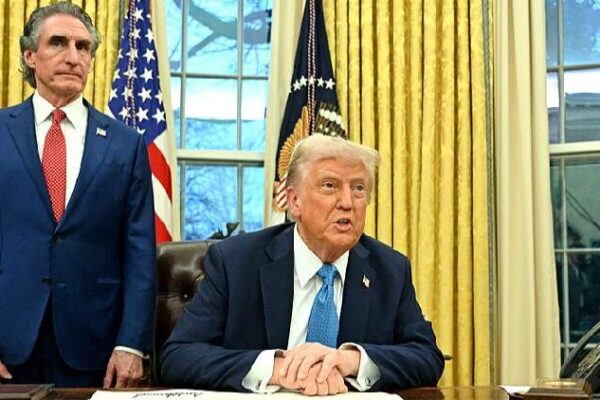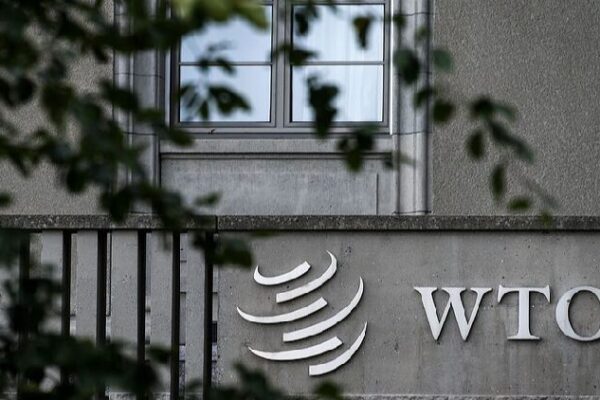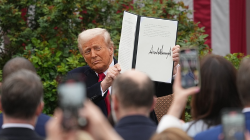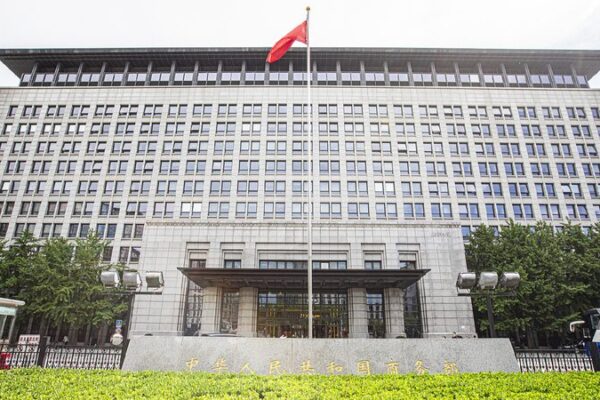The United States has recently started imposing “reciprocal tariffs” on its trade partners, matching the duties that other countries levy on American products. While the US government claims this move aims to erase trade deficits and address unfair trade practices, experts warn that this approach could backfire, harming both the global economy and the US itself.
Despite the term “reciprocal,” critics argue that these tariffs are anything but fair. They see the policy as a unilateral move that undermines international trade rules and exacerbates tensions between nations.
Violation of WTO Principles
The World Trade Organization (WTO) emphasizes balance in trade relationships, recognizing that countries are at different stages of development. By demanding equal tariff rates, the US disregards these differences, potentially stripping developing nations of their rights to protect budding industries.
In contrast, countries like China have granted tariff concessions to least-developed nations, offering zero-tariff treatment without expecting anything in return. This exemplifies adherence to WTO principles and supports global economic growth.
Contradicting Non-Discrimination Commitments
Experts like Chad Bown from the Peterson Institute for International Economics point out that imposing different tariffs on different countries violates the WTO’s most-favored-nation principle, which requires members to treat all trading partners equally.
If the US raises tariffs beyond agreed limits, it could face legal challenges within the WTO framework, further straining international relations.
Impact on the Global Economy
The US’s approach is seen as inefficient and impractical. Trade agreements typically consider the competitiveness of specific products and involve negotiations that benefit all parties. A blanket tariff policy ignores these complexities and reflects a zero-sum mindset.
Since the implementation of these tariffs, there have been disruptions in global supply chains and a slowdown in trade development. Consumers and businesses worldwide, including those in the US, are feeling the effects. Recent data shows a decline in US consumer confidence, and economists warn that continued reliance on tariffs could increase the cost of goods for Americans.
A Call for Multilateral Cooperation
History has shown that protectionist policies often fail to address underlying economic issues and may lead to retaliation from other nations. Unilateral actions can provoke global resistance and damage long-term interests.
Experts suggest that the US should abandon its current tariff strategy and engage with international institutions like the WTO. Through constructive dialogue and genuine reciprocity, the US can better address trade challenges and foster a more stable global economy.
Reference(s):
cgtn.com
